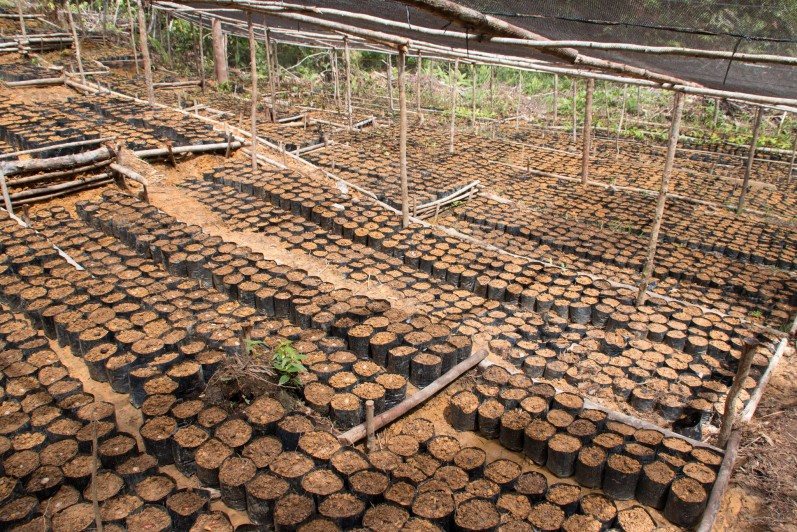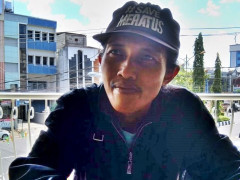Assessing the Regional Head Candidates' Commitment to Peat Conservation
By Nikodemus AleCommunity Involvement Is Key to the Success of Peat Restoration

Construction of canal blocks is an important part of peatland restoration, because it helps to restore the hydrological function of peat. Equally important is involving local communities in peatlands in decision-making and policy-making related to peat. Peatland restoration decisions and policies impact local communities most.
Collaboration and community involvement are key to the success of peat restoration. Senior Advisor to the Minister of the Environment and Forestry Wahjudi Wardojo said that collaboration among all parties involved in forest, land, peat, and mangrove restoration is necessary. Restoration is not merely about biodiversity, Bisnis Indonesia cites him as saying; it is also about socioeconomic issues.
One ongoing restoration effort is the construction of canal blocks to restore the hydrological function of peat. Rudy Priyanto, the head of the Kalimantan Work Program and Peat Restoration Agency (BRG) staff member, is quoted on Mongabay as saying that canal blocking for peat restoration is not only about technical implementation, but also requires community involvement. Therefore, establishing an agreement among all stakeholders is important to the success of this effort.
Through a Free, Prior, and Informed Consent (FPIC) process, communities have been involved in planning, construction, and management of the project. In the process, self-managed communities built a total of 73 canal blocks, including four handels (a type of irrigation canal) with 22 canal blocks in Buntoi village, two handels with 11 canal blocks in Gohong village, five handels with 34 canal blocks in Garung village, and one handel with 6 canal blocks in Kalawa village.
The process of FPIC itself is an effort to ensure communities have the right to consent to actions that will impact them, particularly regarding land and natural resource use.
Unlike the conventional approach, FPIC encourages communities to get involved by providing suggestions and vetoing actions they consider harmful. Communities are also involved in determining canal blocking strategies.
Communities are involved in peat restoration not only in Kalimantan, but also in Sungai Bungur village, Muaro Jambi district, and Jambi province. They have participated in establishing agreements prohibiting land clearances of more than one hectare and in peatland areas more than three meters deep.
The Sungai Bungur community prioritizes planting local flora – such as bananas, soybeans, pineapples, and pandanus – in peatlands, because they effectively prevent fire. The Head of Sungai Bungur village has said that his community is ready to get involved in peat restoration in keeping with local wisdom. This suggests that the government can entrust communities with additional responsibilities in peatland management.



